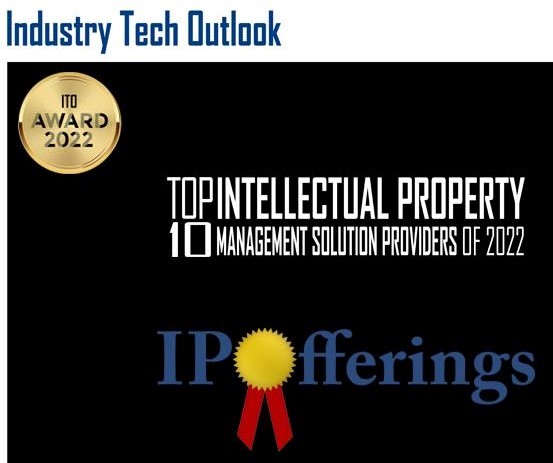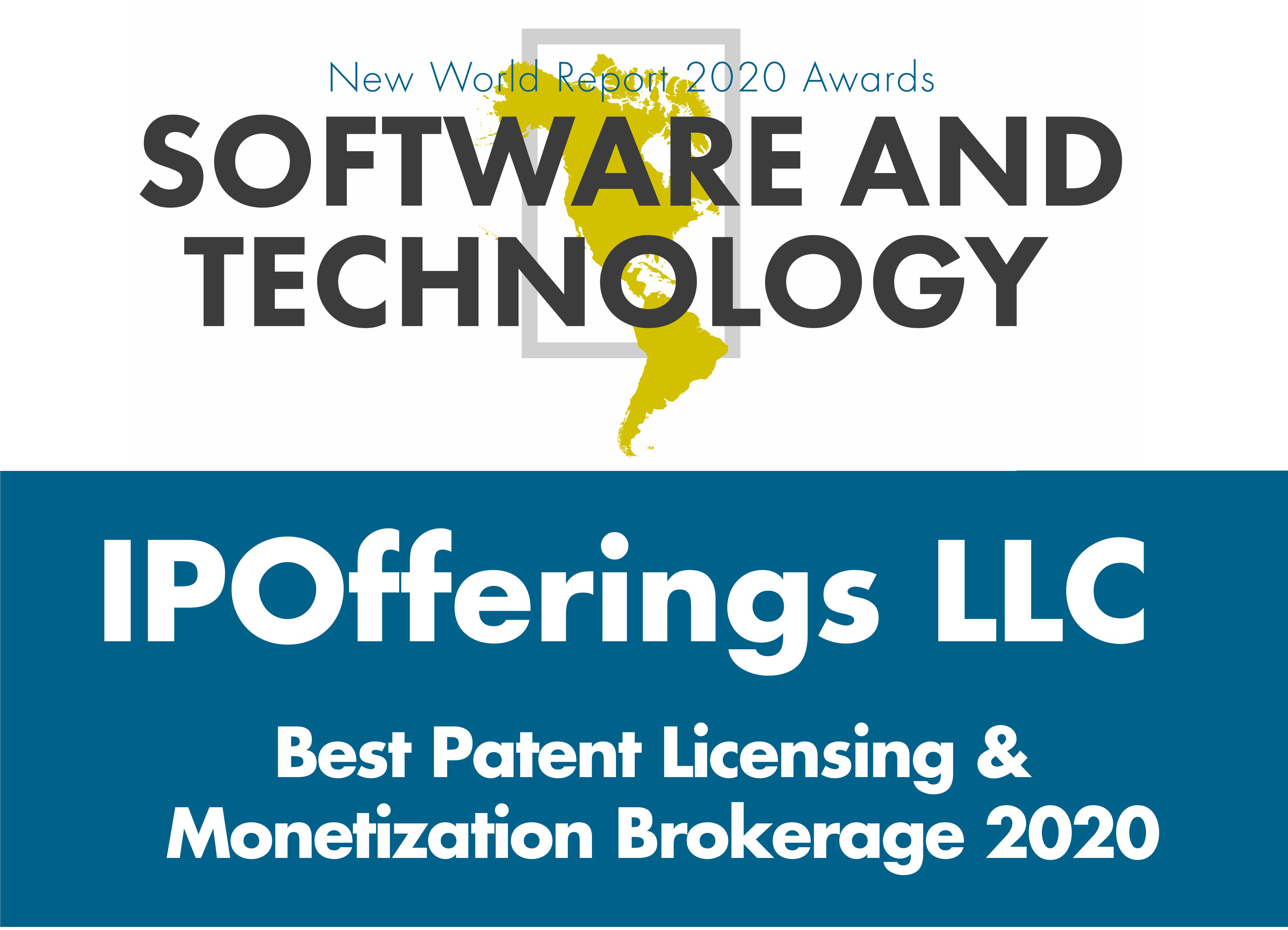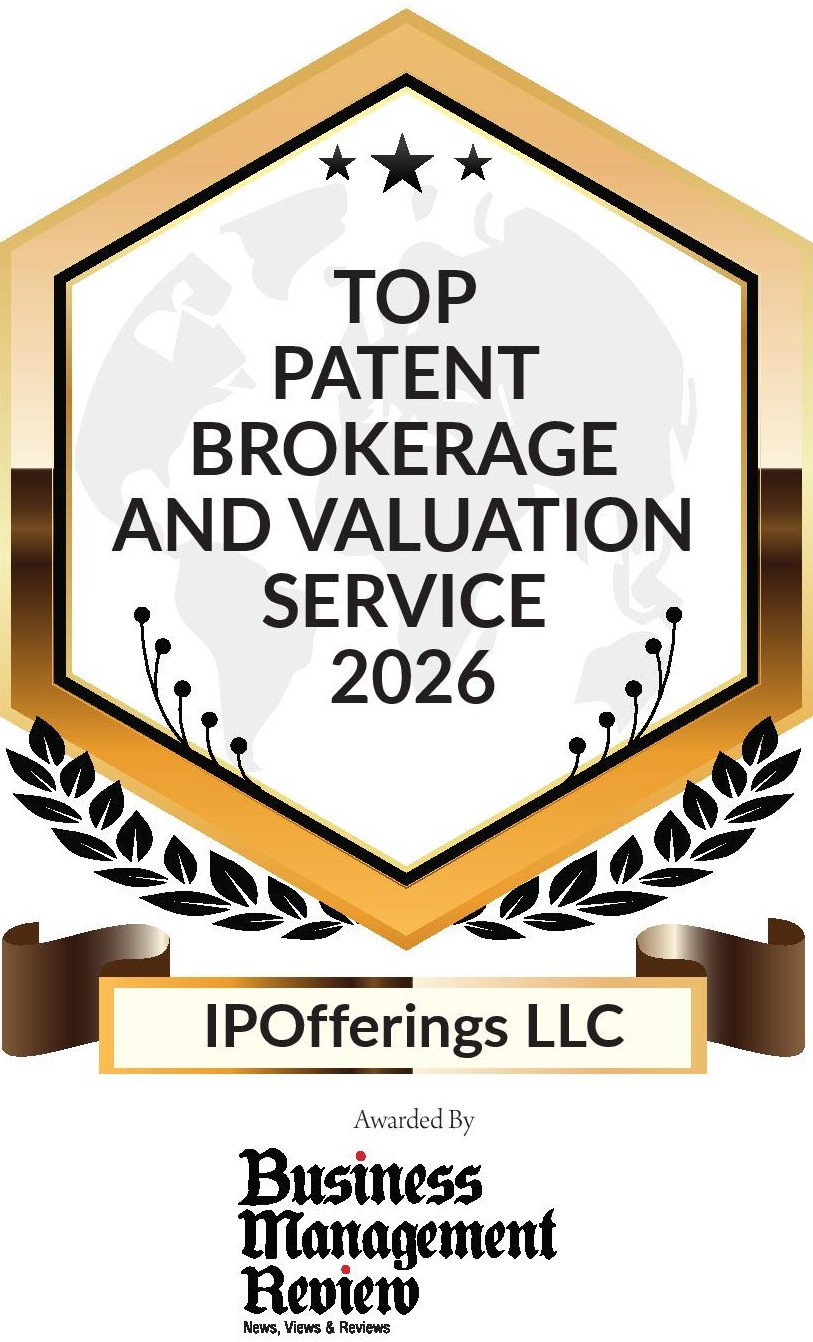Patent MarketPlace: Robotics/Automation Patents for Sale
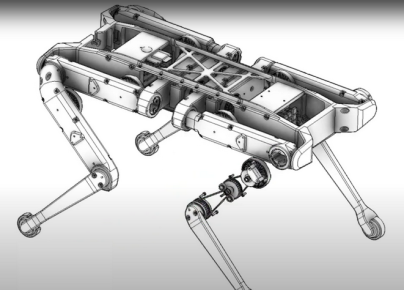 High-Mobility Robotics Platform (Autobots): U.S. Patent No. 11,198,218
High-Mobility Robotics Platform (Autobots): U.S. Patent No. 11,198,218
Mobile robots are becoming an increasingly attractive solution for commercial and industrial applications in manufacturing, warehousing, material handling, and product delivery, to name just a few. However, to reach the next level of performance – for robotics to become as commonplace as smartphones, for example – mobile robots must be able to progress from level factory and warehouse floors and become able to navigate multi-story indoor surfaces and uneven, unpaved outdoor surfaces. An inexpensive but reliable platform from which a robot can maneuver over uneven surfaces is clearly one of the next-generation needs of the robotics industry.
That need is directly addressed by this patent. It covers technology for a platform for a robot that has multiple vertically adjustable legs with steerable wheels on the bottom of the legs. Sensors enable the platform to move around yet remain level by feeding back data on the dynamics of the area directly under and around the platform. This enables the height of each leg to be dynamically adjusted to keep the platform level, while motors drive and steer the wheels in the direction the platform needs to move. This highly mobile robotic platform has applications in any outdoor work environment such as a farm, orchard, mine, quarry, forest, golf course, park, solar farm, desert, or other out-in-the-open or remote workplace. It is also capable of moving around inside multi-level indoor spaces such as homes, apartment buildings, health care facilities, offices, and warehouses. Vacuum cleaning in complex residential spaces with stairs is one application that has been successfully tested with working prototypes.
U.S. Patent No. 11,198,218 for a “Mobile robotic system and method” would be a strategic acquisition for any manufacturer of robotic equipment that needs to make its equipment functional and practical outside the even flat floors of a factory or warehouse.
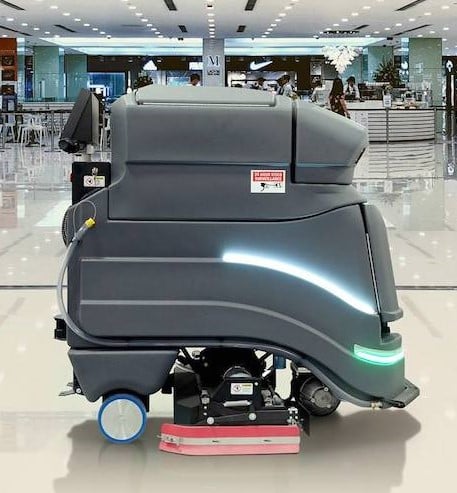 Smarter Autonomous Cleaning Devices (ADB): International Patent Portfolio
Smarter Autonomous Cleaning Devices (ADB): International Patent Portfolio
Autonomous devices that clean and treat surfaces – vacuum cleaners, mopping devices, polishers and lawn mowers are just a few – are becoming more and more popular. As these devices move across the surface they are cleaning or treating, determining the most energy-efficient path for the device is a key element in reducing operating costs. The devices also need to completely cover the surface they are treating if they are to complete the tasks they were employed to perform. Finally, these devices need to access hard-to-reach areas in corners and behind doors. This comprehensive, international patent portfolio addresses all of these needs.
Using a cellular network – similar to what cellular telephones use, but on a much larger basis – the first patent family guides the autonomous device from cell to cell, tracking what cells were covered and which were not – to ensure complete and efficient coverage of the surface area. The second patent family uses a sensor to scan the area to be treated, identifying areas that are blocked, for example, by an open door, and making sure they are covered. The third patent family creates an autonomous device with a movable assembly that is attached to the chassis to access corners and other out-of-the-way areas.
This portfolio consists of two U.S. Patents and one U.S. Patent Application, one European Patent and one European Patent Application, and a Chinese Patent Application.
- U.S. Patent No. 10,037,027: System and method for determining an energy-efficient path of an autonomous device
- European Patent 3264212: System and method for determining an energy-efficient path of an autonomous device
- U.S. Patent No. 10,335,003: System and method for an autonomous cleaning apparatus
- European Patent Application 16161810: System and method for an autonomous cleaning apparatus
- U.S. Patent Application 20180164826: A surface processing device and a method for processing surface areas
- European Patent Application: 16204026: A surface processing device and a method for processing surface areas
- Chinese Patent Application 108227700: Surface processing equipment and the method for handling surface region
This portfolio would be a strategic acquisition for any manufacturer of autonomous cleaning or surface-processing equipment, or a manufacturer looking to enter that growing business segment with a distinct technological advantage over the competition.
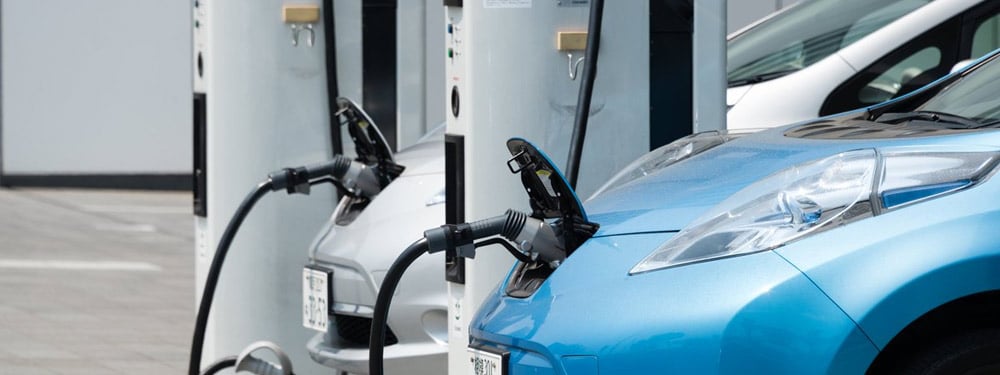 Pop-Up Automated EV Charging Station (Kauffmann): Three Patents plus U.S. and PCT Patent Application
Pop-Up Automated EV Charging Station (Kauffmann): Three Patents plus U.S. and PCT Patent Application
Electric vehicles have arrived, and along with them a whole new set of challenges. Most EVs are charged at home at night, but increasingly electric vehicles are being charged 24/7 at charging stations that are popping up across the country. The first all-electric “gas station” just opened in Takoma Park, Maryland. One of the challenges facing the EV industry is the best way to charge all these electric vehicles, and how to do it efficiently and safely.
This portfolio presents a comprehensive solution. Rather than charge the vehicle through a port on the side of the vehicle – essentially replacing where the gas cap was with an electrical port – this portfolio re-thinks the entire concept. The EV drives into the charging station, and a robotic arm rises up from the floor and plugs into the bottom of the car to recharge its battery. The configuration is waterproof, so there is no danger and no damage when it rains. And since the driver of the car does not actually touch any part of the charging equipment, it is much safer, dramatically reducing the possibility of injury or death.
The patented invention also creates a whole new level of convenience for EV owners who do not have to get out of their cars during inclement weather. They can stay in the car while it’s charging, or step out of the car to get a cup of coffee, visit the restroom, or just stretch their legs. For the growing number of autonomous vehicles, this invention addresses the question: Who in a driverless vehicle is going to step out of the car and plug in the charging device?
| Patent No. | Title |
|---|---|
| 9,543,769 | Management Center Module for Advanced Lane Management Assist for Automated Vehicles and Conventionally Driven Vehicles |
| 9,780,584 | Pop up electrical apparatus with safety system |
| 9,862,284 | Pop up electrical apparatus with wireless charging component for electric vehicles |
The portfolio also includes U.S. Patent Application 20190009680 and PCT Patent Application 2019010375 for “An apparatus that automates the connecting process between a primary connector and a secondary connector for charging an electric vehicle.” This portfolio would be a strategic acquisition for any company currently building or operating charging stations or any EV manufacturer.
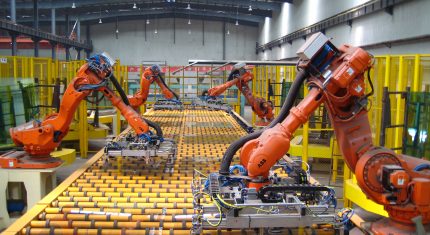 Control Systems for Robotics and Automation (Silva Viego): U.S. Patent No. 9,908,235
Control Systems for Robotics and Automation (Silva Viego): U.S. Patent No. 9,908,235
We’ve all seen photos and videos of robots welding parts on an auto factory assembly line or packing products into a carton. For repetitive tasks, robots are efficient and cost-effective, take no vacations or sick days, are never late, never complain and do not belong to a union. One of the reasons a robot never complains is because it has no feelings. But what if a robot had sensors that provided feedback on its operation and environment?
The invention covered by this patent does exactly that – it provides feedback via a robot to the network running the robot. This invention includes a control system for robotic and/or automated systems such as assembly lines. It addresses the problem of not knowing specifics about the system it is controlling but still being able to control the system by using a network of sensors to determine the respective angles and rates of change of those angles between the robot chassis and the components linked to that chassis. Such critical, real-time input would be very useful in systems that cannot have direct sensing at critical junctures. This patent creates a control system that is highly adaptable and versatile. It can be set up to control various systems with minimal modifications. Most robotic systems either do not know enough about the variations and limitations of their system’s components, or the feedback they receive is too general and non-specific, so it lacks the precision a truly advanced automation system needs.
U.S. Patent No. 9,908,235 for a "Robotic System" creates an advanced feedback system for any robotic or automated system that is uniquely simple to implement – yet is computationally very efficient – making maintenance of the system cheaper and easier. This patent would be a key acquisition for any robotics or controls manufacturer or integrator.
Patent Brokerage Prospectus: Contact [email protected] to receive an analysis of each portfolio that includes:
- Executive Summary
- Patent Overview and History
- Technology and Investment Summary
- Market Research
- Company Analysis
- Illustrative Evidence of Use (if applicable)
We offer patents in these technologies:
- Agricultural
- Artificial Intelligence
- Automotive/Vehicular
- Aviation
- Banking/Financial Services
- Beverages/Foods/Nutritional Products
- Boat and Marine
- Cannabis and Medical Marijuana
- Construction/Building Trades
- Consumer Electronics
- Consumer Products
- Digital Currency/Cryptocurrency
- Drones/UAVs
- E-Cigarette & Vaping Technology
- E-Commerce
- Education & Training
- Energy/Power Generation
- Health and Beauty Products (HBP)
- Human Resources
- IoT Patents/Internet of Things
- Manufacturing
- Medical Electronics and Devices
- Mining/Drilling
- Mobile/Wireless
- Network/Location-Based Services
- Optics/Displays/Video/LED
- OTT Patents/Over-the-Top
- Packaging
- PCs and Notebooks
- Pharmaceuticals
- Robotics/Automation
- Semiconductor
- Shoe & Apparel
- Smart Home/Smart Office
- Social Media
- Software, Apps, and Architecture
- Sports/Sporting Goods
- Telecommunications/IP Telephony
- Warehousing/Material Handling
- Other
- Go to Patent Index
- Return to Patent MarketPlace

